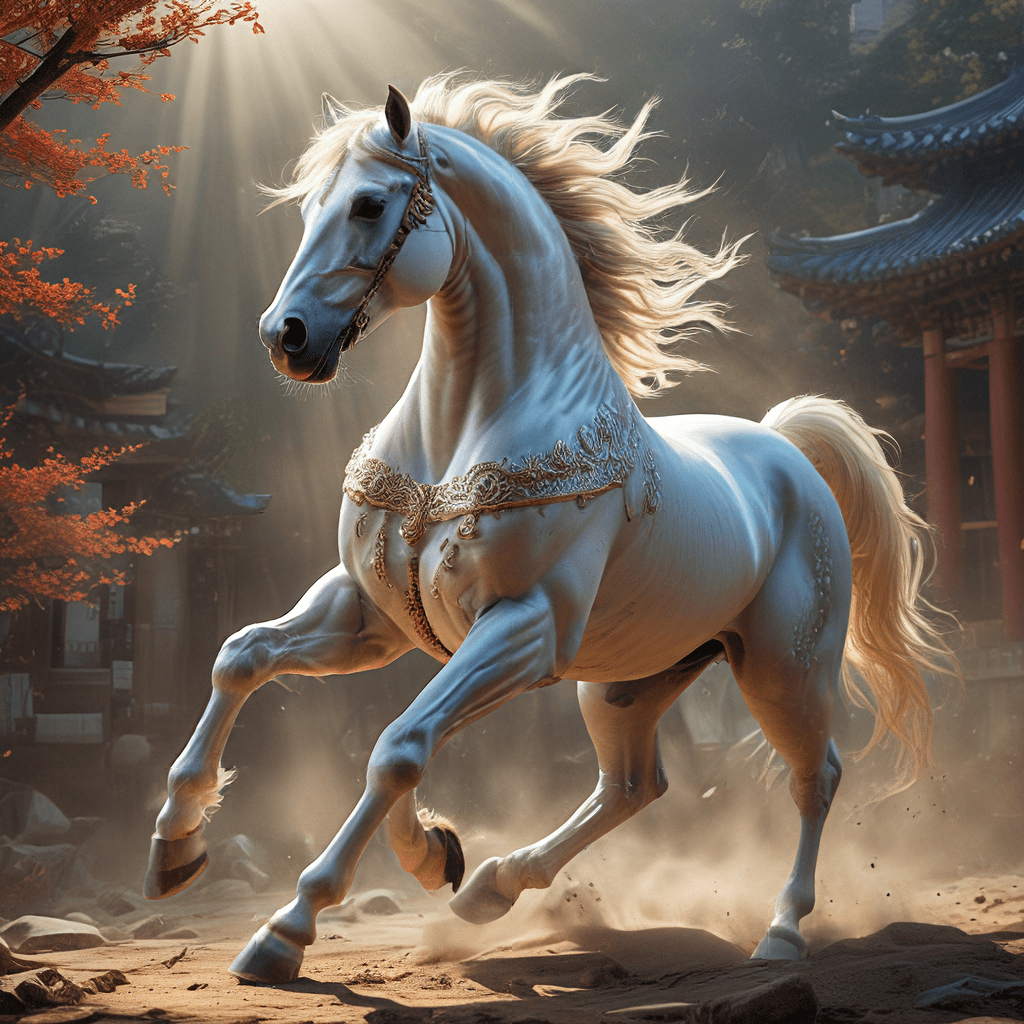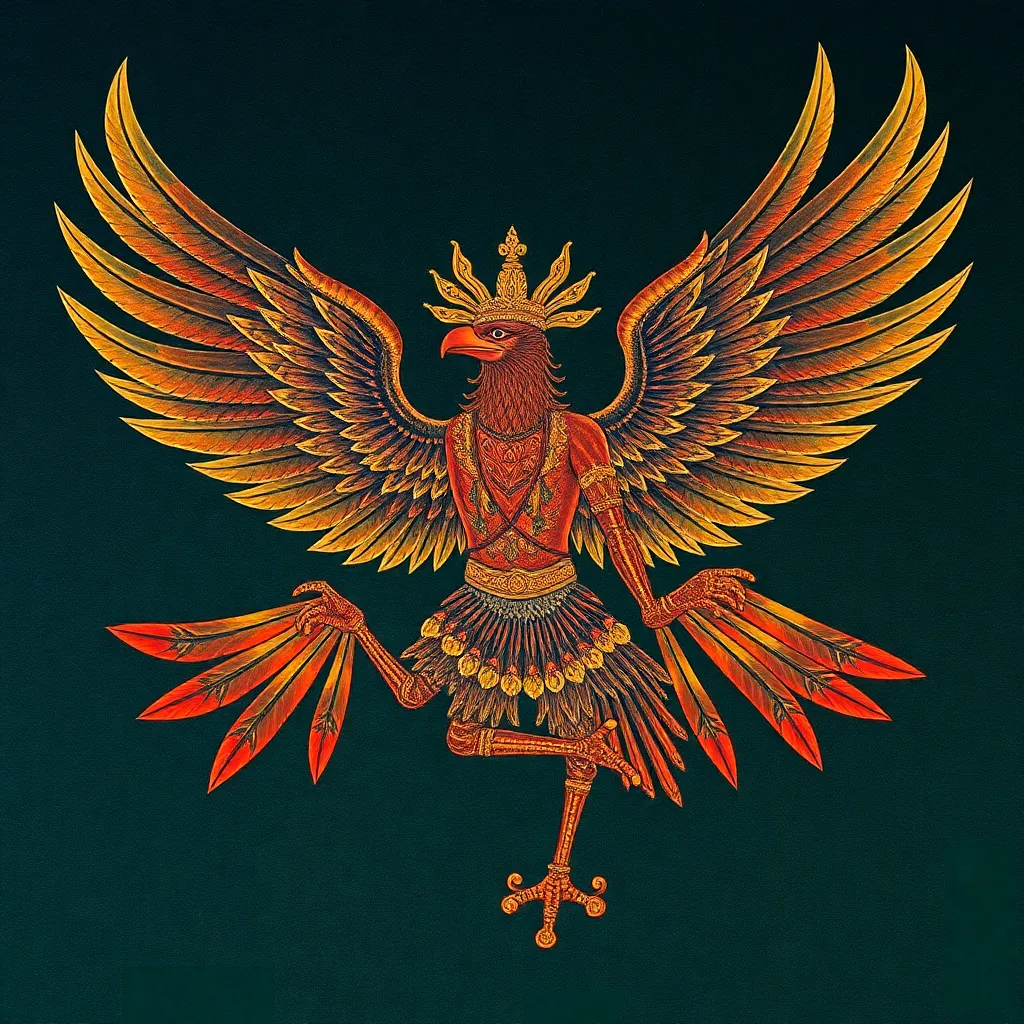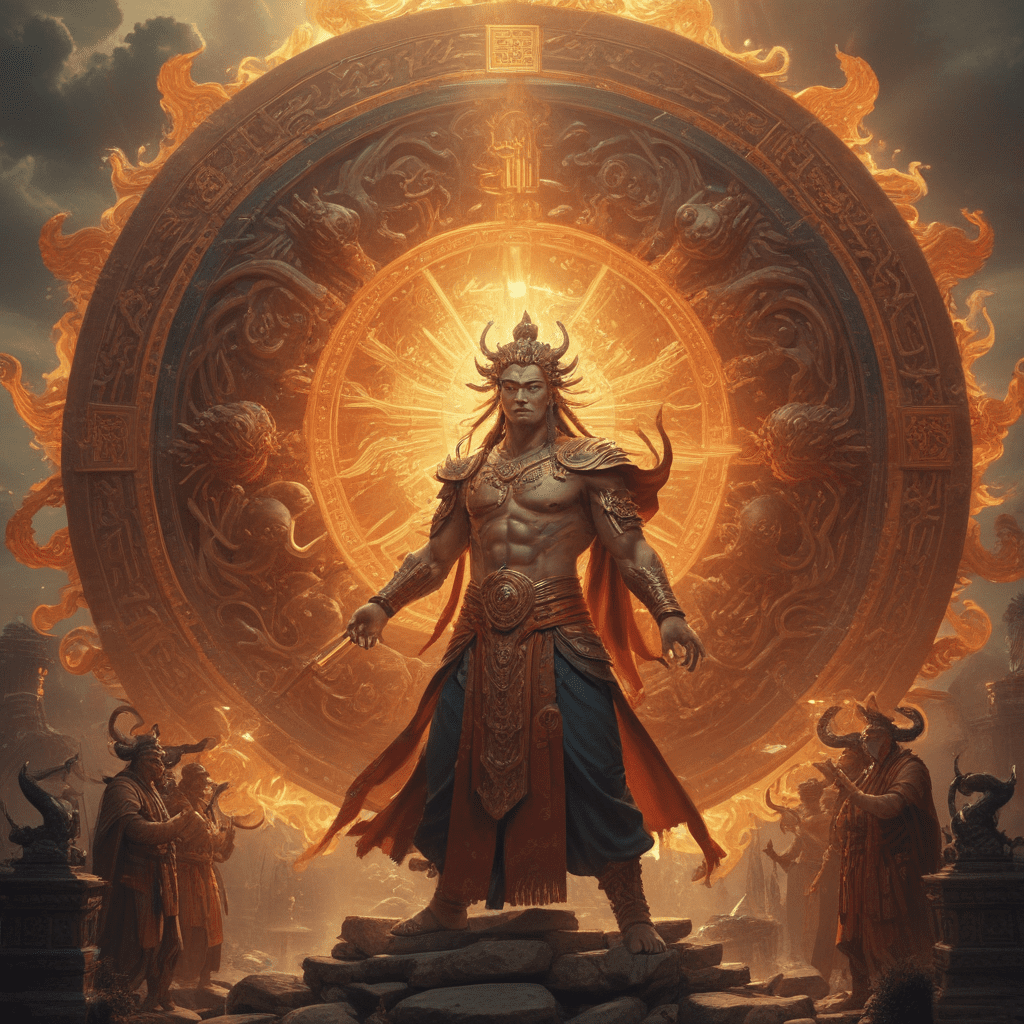The Myth of the Heavenly Horse: A Korean Creation Story
In the vast tapestry of Korean mythology, the legend of the Heavenly Horse, also known as the "Cheonma," stands as a prominent creation myth. This captivating tale narrates the origins of the Korean people and their connection to the divine realm. The myth holds profound significance in Korean culture, symbolizing power, royalty, and the very essence of the Korean identity. Its origins can be traced back to ancient Korean shamanistic traditions, reflecting the belief in a connection between the human and divine worlds.
At its core, the myth tells the story of a celestial horse sent down from heaven to Earth. This horse, the Heavenly Horse, carried with it the seeds of life and the potential for the Korean people to flourish. Its arrival marked a pivotal moment in Korean history, signifying the birth of the Korean nation and its unique cultural identity.
The Heavenly Horse and the Birth of the Korean People
The myth of the Heavenly Horse is deeply intertwined with the origins of the Korean people. According to the legend, the Heavenly Horse descended from the heavens and landed in a sacred valley, signifying the divine blessing bestowed upon the Korean people. This act marked the beginning of their existence as a nation, and the horse's arrival was seen as a sign of great fortune and divine favor.
The Heavenly Horse's arrival was not merely a physical event but also a spiritual one. It symbolized the birth of a new civilization, a people destined for greatness. The seeds of life carried by the horse represent the potential for growth, development, and cultural prosperity.
The Heavenly Horse’s Appearance and Significance
The Heavenly Horse, as its name suggests, is depicted as a majestic and awe-inspiring creature. It is often described as a magnificent stallion, possessing a brilliant white coat and a flowing mane. Its eyes are said to gleam with wisdom and its hooves leave behind a trail of shimmering stardust. This powerful creature reflects the mythical connection between the human and divine worlds.
The Heavenly Horse's appearance is significant in that it embodies the ideals of power, strength, and purity. Its white coat symbolizes purity and righteousness, while its majestic presence evokes a sense of awe and respect. The Heavenly Horse's association with the divine realm further enhances its stature, connecting it to the celestial forces that govern the universe.
The Role of the Heavenly Horse in Korean Folklore
Beyond its role in the creation myth, the Heavenly Horse plays a significant role in Korean folklore and literature. It is frequently featured in traditional stories, poems, and paintings, serving as a symbol of national pride, strength, and cultural identity.
In numerous folktales, the Heavenly Horse appears as a benevolent figure, aiding people in times of need. It is often depicted as a guide, protector, or even a dispenser of wisdom and guidance. Its presence in Korean folklore contributes to the rich tapestry of mythology and legends that define Korean culture.
Variations and Interpretations of the Myth
While the core elements of the Heavenly Horse myth remain consistent, there are variations in its interpretation across different regions and time periods. Some versions of the myth portray the horse as being directly responsible for the creation of the Korean people, while others depict it as a symbol of divine favor, marking the beginning of their journey.
These variations underscore the dynamic and evolving nature of mythology, reflecting the diverse interpretations and cultural influences that shape the stories we tell. Regardless of these variations, the central theme of the Heavenly Horse's importance in Korean creation remains constant.
The Heavenly Horse as a Symbol of Power and Royalty
The Heavenly Horse's association with power and royalty is deeply ingrained in Korean culture. Its image has adorned royal artifacts, palaces, and even the Korean flag. In ancient Korea, the horse was a symbol of strength, speed, and prestige, qualities befitting a powerful sovereign. The Heavenly Horse was believed to possess divine power, making it an ideal representation of royal authority.
The Korean royal family embraced the Heavenly Horse as a symbol of their lineage and divine right to rule. It was incorporated into royal ceremonies and rituals, signifying the connection between the monarchy and the celestial realm. The Heavenly Horse’s presence in royal art and architecture further solidified its association with power and majesty.
The Heavenly Horse and the Origins of the Korean Language
The Heavenly Horse myth has also been linked to the origins of the Korean language. Some interpretations suggest that the horse's neighing was the source of the Korean language. This belief highlights the importance of the animal in shaping Korean identity, not only culturally but also linguistically.
The horse's unique vocalizations, its neighing and whinnying, are seen as a reflection of the sounds and rhythms of the Korean language. The connection between the horse and language further reinforces its significance in Korean mythology and folklore.
Connection to the Shamanistic Traditions of Korea
The Heavenly Horse myth is deeply rooted in Korean shamanistic traditions. Shamanism, a spiritual practice that involves communication with spirits, is a significant part of Korean cultural heritage. The Heavenly Horse is seen as a celestial being, a messenger from the spirit world. Its arrival in the mortal realm signifies the connection between the human and divine realms.
The belief that the Heavenly Horse brought life to the Korean people underscores the shamanistic concept of the divine intervention in human affairs. This connection further strengthens the myth’s cultural significance, anchoring it in the heart of Korean spirituality.
The Heavenly Horse in Contemporary Korean Culture
The Heavenly Horse continues to play a significant role in contemporary Korean culture. It remains a powerful symbol of national pride, strength, and cultural identity. The horse's image appears in art, literature, film, and even modern design.
In popular culture, the Heavenly Horse is often depicted as a majestic and powerful creature, reflecting its enduring influence on Korean imagination. Its presence in modern Korean culture testifies to the myth's enduring appeal and its continued relevance in Korean society.
Modern Theories and Interpretations of the Myth
Modern scholars and researchers have explored the Heavenly Horse myth through various lenses. Some interpret the myth as a reflection of ancient Korean agricultural practices, emphasizing the horse’s role in transportation and communication. Others see the myth as a metaphor for the development of Korean culture and the influence of external forces.
While the exact origins of the myth remain shrouded in mystery, its enduring appeal and its impact on Korean culture are undeniable. Whatever its true meaning, the Heavenly Horse continues to inspire and captivate generations of Koreans.
FAQ
Q: What is the Heavenly Horse?
A: The Heavenly Horse, also known as the "Cheonma," is a legendary creature from Korean mythology. It is often depicted as a magnificent white stallion, symbolizing power, royalty, and the origins of the Korean people.
Q: What role does the Heavenly Horse play in Korean mythology?
A: The Heavenly Horse is a central figure in Korean creation myths, representing the divine blessing bestowed upon the Korean people. It is also a powerful symbol of national pride, strength, and cultural identity, featured in traditional stories, poems, and art.
Q: What does the Heavenly Horse symbolize?
A: The Heavenly Horse symbolizes power, royalty, purity, strength, and the connection between the human and divine realms. Its white coat symbolizes purity, while its association with the celestial world represents its divine nature.
Q: How is the Heavenly Horse related to Korean shamanism?
A: The Heavenly Horse myth is deeply rooted in Korean shamanistic traditions. The horse is seen as a messenger from the spirit world, its arrival signifying the intervention of the divine in human affairs.
Q: What is the significance of the Heavenly Horse in contemporary Korean culture?
A: The Heavenly Horse remains a powerful symbol in contemporary Korean culture, representing national pride, strength, and cultural identity. It appears in various cultural forms, including art, literature, film, and design, reflecting its enduring influence on the Korean imagination.
Q: What are some modern interpretations of the Heavenly Horse myth?
A: Modern scholars have explored the Heavenly Horse myth through various lenses. Some interpret it as a reflection of ancient Korean agricultural practices, while others see it as a metaphor for the development of Korean culture and the influence of external forces.



